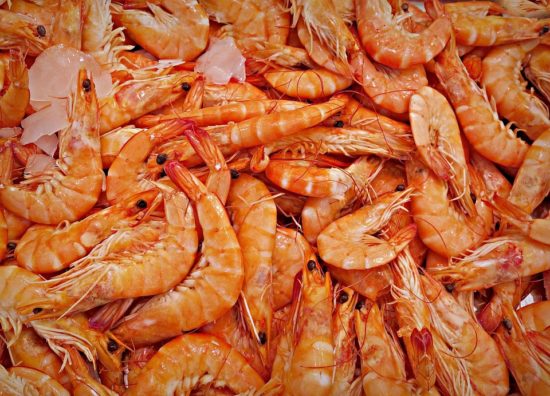Detection of antibiotic-resistant Salmonella sp. in the seafood products of Surabaya local market
The consumption of seafood and seafood products contaminated with Salmonella sp. can lead to illness, thus this has become a worldwide public health concern. The aim of this research was to detect Salmonella sp. in various seafood and seafood products from Surabaya traditional market. The study was conducted through a sample collection, followed by the preenrichment, enrichment, isolation, and the identification of Salmonella. A total of twenty-nine samples (fish, crustacean, bivalve, and seafood products) from five local markets in Surabaya were collected and analyzed. Twenty-seven (93.10%) samples were positive for Salmonella sp. All of the isolates were tested for an antibiotic-resistant profile by employing disc diffusion targeting seven antibiotics. A high prevalence of Salmonella sp. in the seafood in the traditional markets was apparent in this study. Among all of the isolates, there were eight strains resistant to at least one antibiotic that was tested. This study can be a basis for further research into managing antibiotic-resistant Salmonella sp. infection as an important food-borne illness of developing countries.
AMR NEWS
Your Biweekly Source for Global AMR Insights!
Stay informed with the essential newsletter that brings together all the latest One Health news on antimicrobial resistance. Delivered straight to your inbox every two weeks, AMR NEWS provides a curated selection of international insights, key publications, and the latest updates in the fight against AMR.
Don’t miss out on staying ahead in the global AMR movement—subscribe now!





